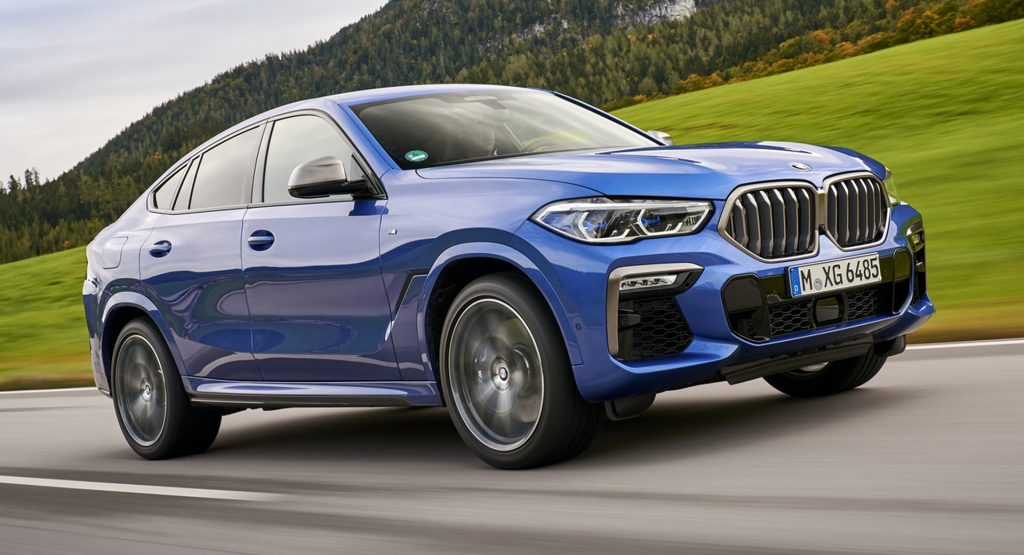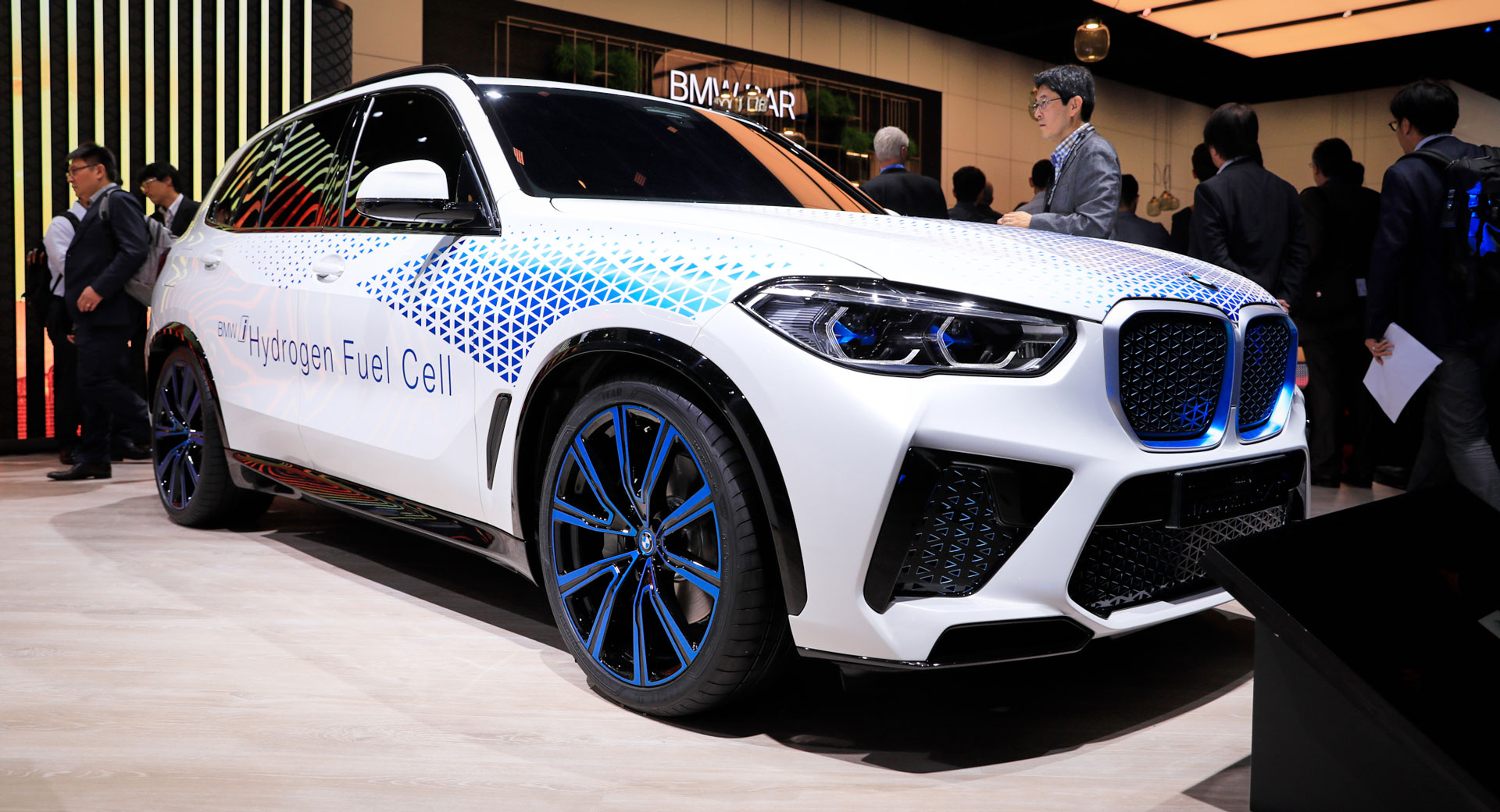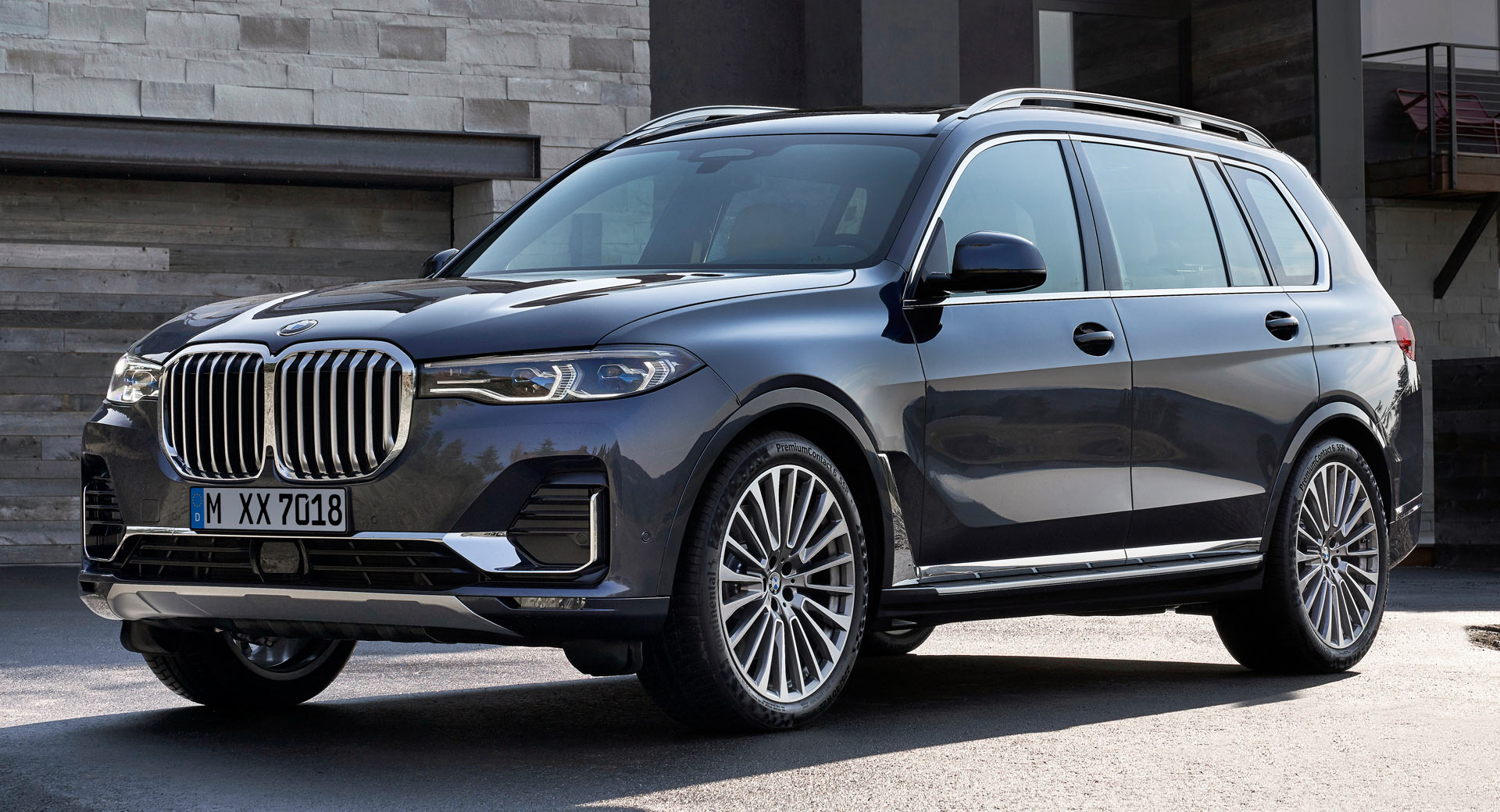BMW research and development boss Klaus Froehlich has revealed that the German car manufacturer will eventually sell hydrogen fuel-cell versions of the popular X6 and X7 SUVs.
Speaking with Auto News Europe about a broad range of topics, particularly electrification, Froehlich said that the latest fuel-cell technologies BMW is developing with Toyota will make the business case for such powertrains much stronger.
According to Froehlich, a fuel cell powertrain costs roughly 10 times more than the system of a battery electric vehicle (BEV). “We plan to have those costs equalized by 2025 with the third generation of our scalable fuel cell system, which could result in volumes in the hundreds of thousands,” he said.
Also Read: BMW’s Fuel Cell X5 Previewed By i Next Hydrogen Featuring Tech Jointly Developed With Toyota
BMW’s more immediate plans will call for “pilot production” of the marque’s second-generation fuel cell vehicles, including the aforementioned X6 and X7, to commence soon. It remains to be seen how far off these vehicles could be from production.
Froehlich believes the current timeline of fuel cell development means they “could make the most suitable solution for passenger cars by 2025.” The company also believes fuel cells will be very important for light- and heavy-duty trucks.
“We foresee fuel cells as a viable solution for light- and heavy-duty trucks, which are facing very tough CO2 reduction targets and already use very efficient diesels, so the next step could only be electrification. But you cannot electrify a heavy truck with batteries, because reducing the payload from 6 tons to 7 tons is absolute nonsense,” he said. “With a single recharging station, you can refuel a fleet of 100 hydrogen-powered light trucks overnight.”





